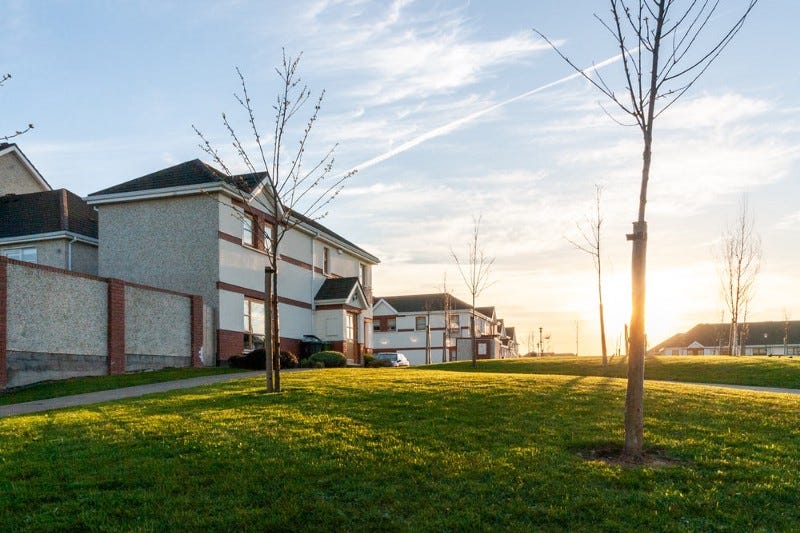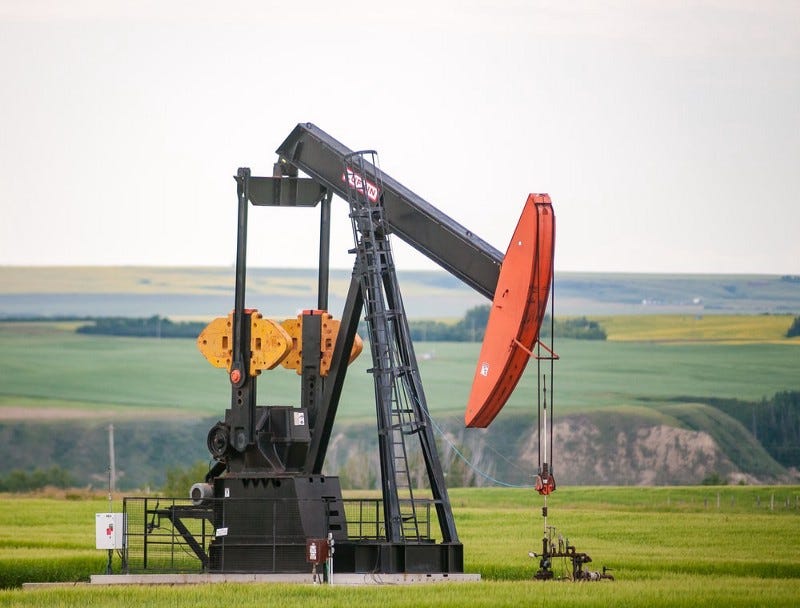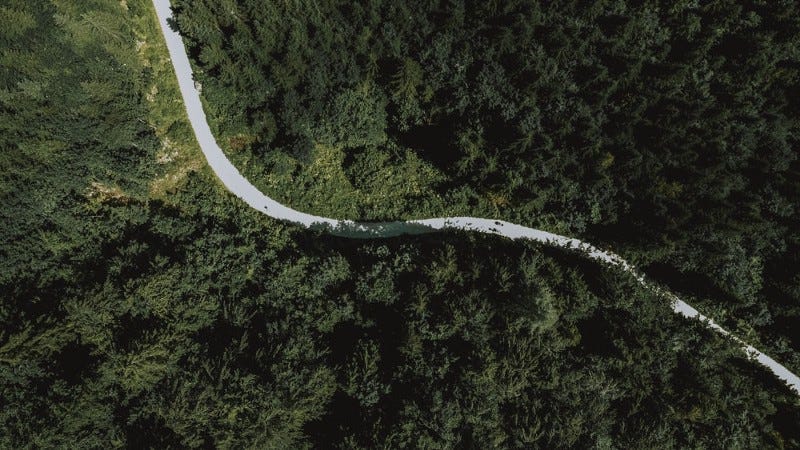Six Ways to Monetize Land
You can almost do anything with land!
You can almost do anything with land!
Wherever it is located, it is always possible to do something with land.
In this article, we explore six ways investors and landowners can monetize their plots.
1. Plant Something

This is perhaps the oldest way to obtain a return on land: agriculture.
About 12 000 years ago, nomads in the Fertile Crescent (modern Irak, Syria, Israel, and Egypt) settled down and began to develop farming techniques.
It was the shift from a nomadic lifestyle to a sedentary lifestyle. Settlers built villages that over time, transformed into cities like the ones we have now.
Cultivating land is possible, but it demands time and skills.
While you won’t make much money by merely cultivating your garden, you’ll enjoy top-quality food and have the satisfaction of *literally* enjoying the fruits of your work.
But food isn’t the only thing you can plant.
Trees or flowers can also bring in revenue depending on how much you plant, albeit they demand different skills, timeframes, and care!
2. Rent It Out

Land can also be rented out.
If the land is an agricultural plot, it can be rented out to a farmer that will pay a rent to farm it.
If the land cannot be farmed, it can always be transformed into pastures that can also be rented out to a farmer for grazing.
Finally, if the land neither suits grazing nor agriculture, it can be rented out to a company that can develop and manage a camping, an amusement park, a music festival, or any other business.
3. Sell Your Plot

In jurisdictions with fast demographic expansions, non-residential plots are often turned residential to enable the construction of houses and lots in need.
Land flippers specialize in buying non-residential plots near cities and wait until the land becomes residential and can be sold at a profit.
While this strategy can be extremely lucrative, it’s also high risk. Indeed, nothing guarantees that the land will become residential.
While the status of a plot is easy to change in certain countries, it’s much harder in other countries.
As a result, one should remain informed of the legal framework.
4. Build Something on It

One of the easiest and most natural ways to monetize land is simply to build a small house and rent it out long-term or on Airbnb.
When the land cannot legally be built upon, many owners put a trailer, a container, or a camper van and rent them out to vacationers.
Even though they’re small and inexpensive, they provide guests with a special experience for which they’re ready to pay a premium to enjoy.
5. Buy and Hold
Since land exists in finite supply and its demand is growing due to the increase in population, a simple strategy such as buy-and-wait can reveal itself as very profitable.
In Estonia for example, timberland and farmland have returned 16% on average per year during the last ten years.
The absence of leverage, the little speculation, and the fact it is not quoted on the stock market also means that land is not volatile, which is great for both buyers and sellers.
6. Extract Natural Resources

Finally, the last way one can monetize land is if the land holds some natural resources.
These can be oil, gas, iron, gold, copper, rare earth materials, or even something as simple as water.
The land can then be rented out to a company that will pay a premium price to extract the resources.
Conclusion
Land is a great asset and can be monetized in a lot of different ways.
At LandEx, we offer European investors the chance to invest in agricultural land and enjoy all of the financial benefits it entails.
Visit landex.ai today and start your land investment journey.
The content of LandEx’s blog is for informational purposes only, you should not construe any such information or other material as investment, financial, or other advice. Nothing contained on the LandEx Medium blog constitutes a solicitation, recommendation, endorsement, or offer by LandEx or any third party service provider to buy or sell any financial instruments in this or in any other jurisdiction in which such solicitation or offer would be unlawful under the securities laws of such jurisdiction.


